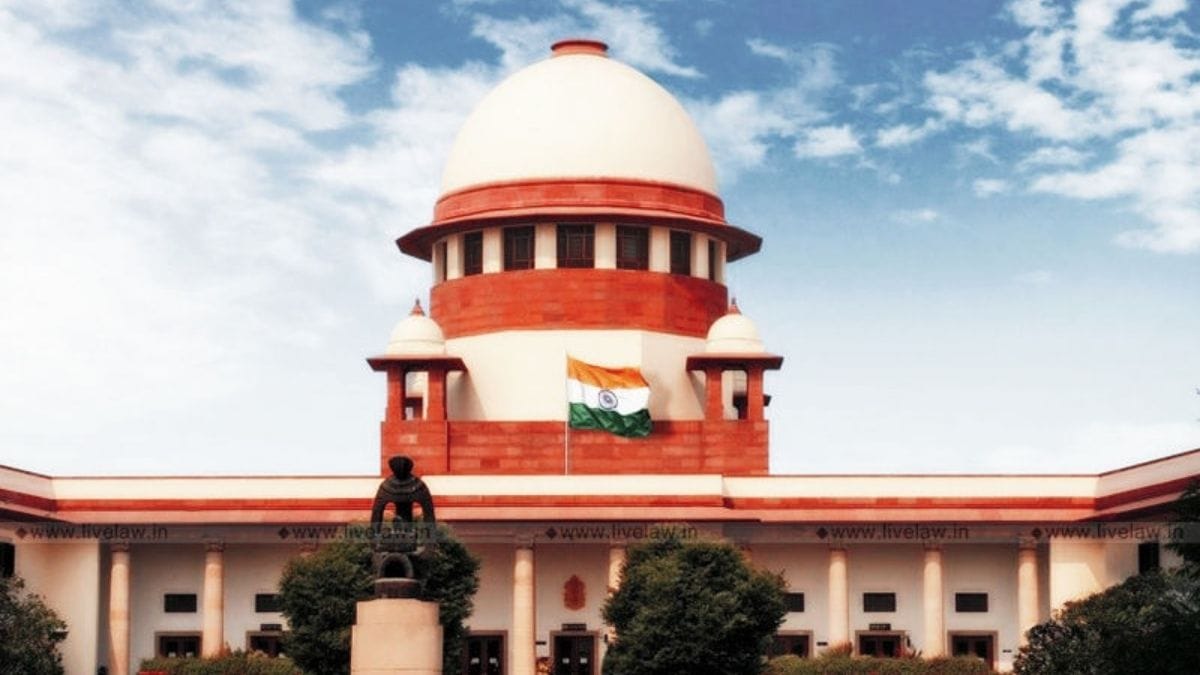As per the Hindustan Times report, on Tuesday, the Union government filed an application in the Supreme Court seeking transfer to the top court of the petitions challenging the constitutional validity of the Information Technology (Intermediary Guidelines and Digital Media Ethics Code) Rules, 2021 filed in the High Courts of several states across the country.
The Centre in its transfer petition in the Supreme Court asserted that petitions against the IT Rules have been moved in High Courts namely, Delhi, Bombay, Kerala, and Madras. Furthermore, it stated that only the apex court should adjudicate the issue. The Publication in its report cited that in the Madras High Court petitions have been filed by the Digital News Publishers Association (DNP), that consisted of 13 media outlets along with Mukund Padmanabhan, a senior journalist seeking that the court declares that the rules are in violation of fundamental rights granted by the constitution.
As per reports, the IT rules were issued on 5 February, following which the social media platforms, online publishers, and the over the top (OTT) platforms were given around three months, till May 25 to agree with the various norms laid down under the rules. The norms stated quicker takedown of contentious content, appointing a local grievance officer to deal with the content flagged by the authorities among others.
The government is involved in a tussle with Twitter as it alleges that the social media giant has failed to comply with the IT rules. On June 5, the center has filed an affidavit in the Delhi High Court on this ground, mentioning, ‘Despite three months being granted to all the significant social media intermediaries, Twitter has failed to fully comply with it.”
According to the ‘Hindustan Times’ report, in a hearing on Tuesday, the Delhi High Court took Twitter to the task of not appointing a resident grievance officer, instructing it to inform the court in two days regarding its compliance with the requirements.


